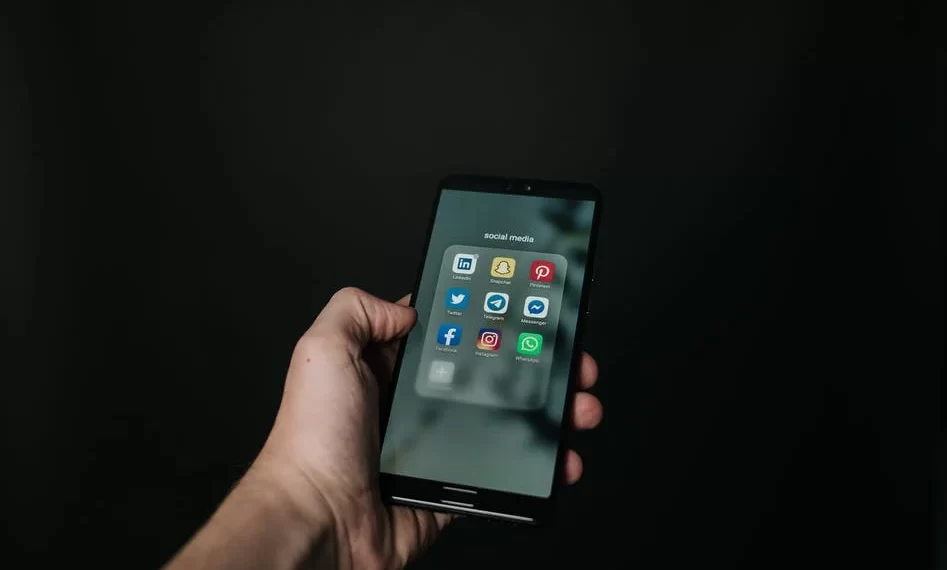Russia’s impact on social media regulation

Even for those of us privileged enough to not be in the thick of it, Russia’s invasion of Ukraine has caused a lot of change around the world. Sanctions were put in place to avoid more countries getting involved with the violence, which is causing economic disruption on various levels around the world and even social media regulation has gotten into the battle, where instead of guns, they battle with words – or a lack thereof.
We’re looking at the impact the invasion of Ukraine has had on social media platforms. Read on for all the details.
Russian self-censorship- social media regulation
Within a week of the invasion, and perhaps the realization that it wasn’t about to be as easy as anticipated, Putin had to contain his civilians in a bubble. Media sources that were not favourable or state-owned were shut down, and social media platforms have been facing warnings and fines from Russian government to censor online content that shows Russian authorities in unfavourable light, including protests within Moscow and St Petersburg against the war.
So, not only has the war in Russia caused a lot of effects on social media, but Russia governments themselves are self-regulating – or rather, self-censoring. In an attempt to keep its civilians in the dark of the motives behind the war, and to justify the violence, Russia is cutting off access to information that doesn’t fit the narrative, and that includes social media. Visit here
Social media’s self-regulation
However, social media is fighting back. The Russian invasion is a mostly uncontroversial idea to be against, and so, for once, social media platforms were in agreement that they had to take moves against it, in a rare political move that wouldn’t split their audiences. And so, moves were made. However, the idea of regulation goes against the initial concept of Twitter, and so removing controversial figures and flagging or correcting misinformation in the past has been met with criticism.
The importance of self-regulation is vital for compliance because, depending on where you stand on the issue of free speech, social media accounts need to negate the misinformation that is rife on these platforms in order to avoid any negative consequences either for themselves or for the wider world. In the case of Russia, Putin is using social media as a tool to justify his invasion of Ukraine, by attempting to convince his people and armies that they are worthy of being invaded, in this case by saying Ukraine is full of Nazis. Are these social media platforms expected to freely allow him to do so and not feel any consequences themselves? Firms like Neopay can help with businesses in deciding on the best compliance solution so that in unimaginable situations where you’re perhaps not sure of what is right, you can be informed on what is the best course of action with expert advice.
Instruments of the Russian ban
So, what are these moves that social media platforms pulled against Russia? Well, the list is long and varied, and you can find a detailed list here, but there are a few major moves that caused a stir.
For one thing, Twitter started flagging up just about anything that was connected to Russia. Misinformation is flagged as coming from Russian-state owned media sources, and users on the site were branded with the phrase “Russian state affiliate media” on their bio.
Meanwhile, Meta have incorporated encrypted chats into its platforms, to allow users to continue to send information between the countries and YouTube has shut down any Russian-affiliated media on the site.